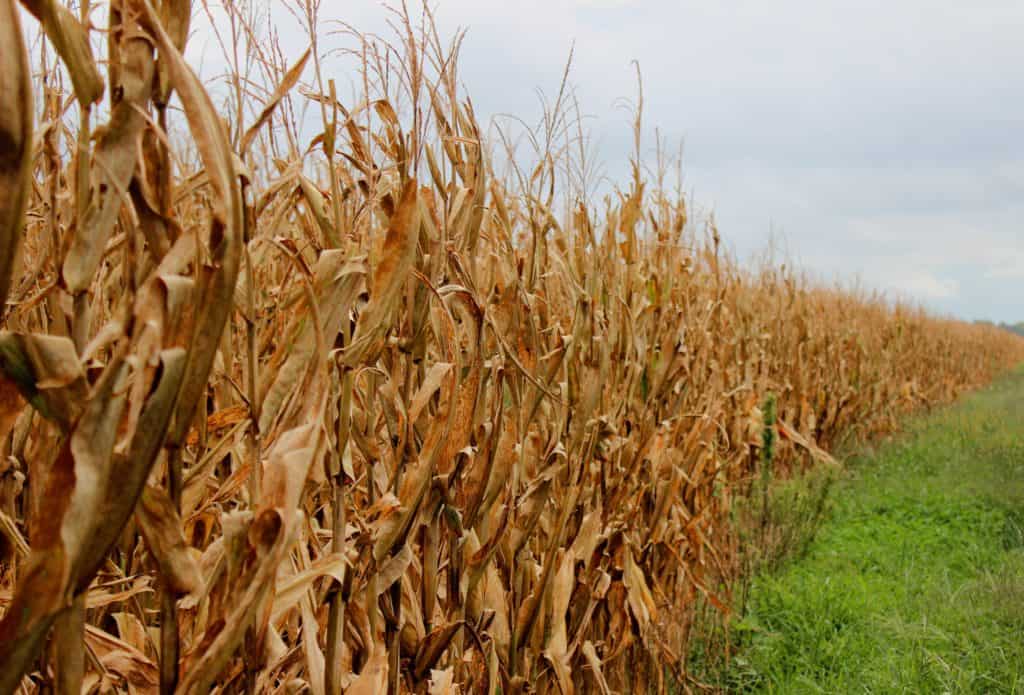Anne Arundel Passes Agritourism Bill

By Jillian Amodio
Maryland’s small farms have suffered with the rise of factory farms in recent decades. In an effort to keep their rich heritage alive, new and established farmers are tapping into the “agritourism” industry—attracting visitors to enjoy and learn about the land while creating income for struggling family farms.
An Anne Arundel County bill expanding agritourism opportunities finally passed at the Dec. 7 council meeting, after being heard five times and amended multiple times since it was introduced in September by the county executive’s office. The amended bill passed with only Councilmember Nathan Volke voting against.
The “agritourism bill” regulates heritage site stays and special events on farm properties, putting a maximum limit on the number of special events annually based on site acreage. Some special events are already regulated by a 2017 bill allowing agritourism on farms in the form of hay rides, pumpkin patches, dinners, classes and events tied to farming. The 2020 bill expands the types of opportunities for farmers and landowners to use their property for historical and cultural events, and defines special events to include weddings, parties, receptions and overnight outdoor stays.
Throughout the hearings, members of the public, many of whom are area farmers and landowners, offered commentary on the bill. Those opposed to the bill feared that large events would create issues such as traffic or noise violations, which became the sticking points for the various amendments introduced.
Councilmember Jessica Haire was the main proponent for introducing the myriad of amendments the bill endured. She expressed understanding for both sides of the issue saying, “I would like to be able to work with those in support and opposition, we want to do everything we can to keep farmers farming their property. At the same time, I have concerns in the vein of being a good neighbor to those who live near these areas.”
In the bill’s final hearing, council members expressed sentiments stating that with the amendments to address concerns about the size and frequency of events as well as potential noise violations, the final bill appeared to be a reasonable approach to protect residents from any adverse effects while also allowing farmers an opportunity to increase business avenues.
Pete Baron, the county director of government relations, urged the council to pass the bill which ultimately occurred with the understanding that if and when concerns arise, they can be addressed in future sessions.
